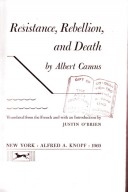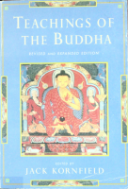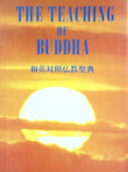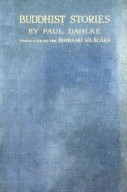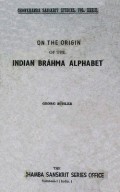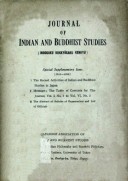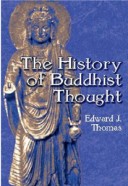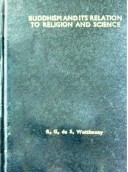Tìm Sách
Sách tiếng Anh-English >> Resistance, Rebellion, and Death
Thông tin tra cứu
- Tên sách : Resistance, Rebellion, and Death
- Tác giả : Albert Camus
- Dịch giả : Justin O’Brien
- Ngôn ngữ : Anh
- Số trang : 272
- Nhà xuất bản : New York: Alfred A. Knoff: 1969
- Năm xuất bản : 1969
- Phân loại : Sách tiếng Anh-English
- MCB : 12010000005685
- OPAC :
- Tóm tắt :
RESISTANCE, REBELLION,
AND DEATH
By Albert Camus
Translated from the French and with an Introduction by
Justin O’Brien
New York: Alfred A. Knoff: 1969
INTRODUCTION
It was as much for the positive stand Albert Camus took on the issues of the day as for his creative writing – or rather it was for the combination of the two – that he was awarded the Nobel Prize in 1957 at the early age of forty-three. Because, in everything he wrote, he spoke to us of our problems and in our language, without raising his voice or indulging in our language, without raising his voice or indulging in oratory, he illuminated, as the Nobel citation stated, “the problems of the human conscience in our time”. Over and above intellectual or political leadership, he provided the moral guidance the postwar generation needed. By remaining flagrantly independent, he could speak out both against the Russian slave-labor camps and against U.S. support of Franco’s Spain. By overcoming the immature nihilism and despair the he saw as poisoning our century, he emerged as the staunch defender of our positive moral values and of “those silent men who, throughout the world, endure the life that has been made for them”.
CONTENTS
LETTERS TO A GERMAN FRIEND
THE LIBERATION OF PARIS
The Blood of freedom
The Night of Truth
THE FLESH
PESSIMISM AND TYRANNY
Pessimism and Courage
Defense of Intelligence
THE UNBELIEVER AND CHRISTIANS
WHY SPAIN?
DEFENSE OF FREEDOM
Bread and Freedom
Homage to an Exile
ALGERIA
Preface to Algerian reports
Letter to an Algerian militant
Appeal for a civilian Truce
Algeria1958
HUNGARY
Kadar had his day of fear
Socialism of the gallows
REFLECTIONS ON THE GUILLOTINE
THE ARTIST AND HIS TIME
The Wager of Our Generation
Create dangerously
 Facebook
Facebook
 Google
Google
 Google+
Google+
